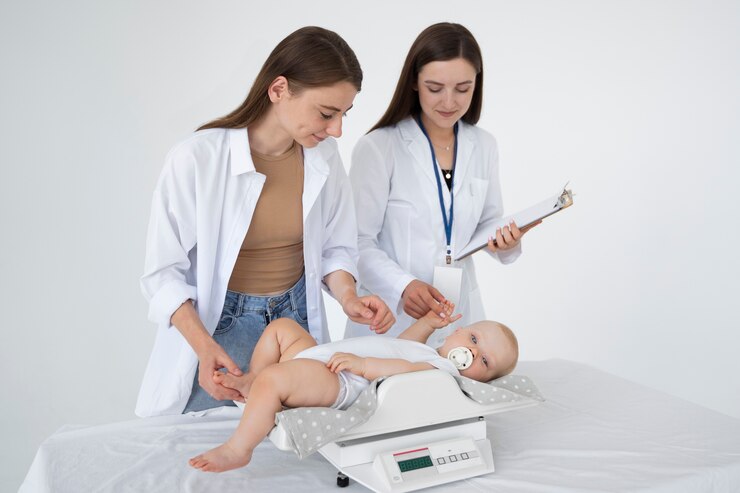


Pediatric Endocrinology is a specialized branch of medicine focusing on the endocrine system, which comprises glands that produce hormones. This specialty differs markedly from adult endocrinology as it requires specific expertise in the growth and development of children. Pediatric endocrinologists manage hormonal disorders throughout the various stages of childhood and adolescence.
Educational Pathway for Pediatric Endocrinologists
Pediatric endocrinologists undergo extensive training, beginning with a six-year medical degree, followed by a five-year residency in pediatrics. This is complemented by a further three years of specialized training in pediatric endocrinology, equipping them to diagnose, treat, and monitor endocrinologic conditions from infancy to 18 years of age.

The field addresses a wide range of conditions related to hormone imbalances and endocrine gland dysfunction, including:

The department utilizes a range of dynamic endocrinologic tests, such as growth hormone challenge and suppression tests, adrenal stimulation and suppression tests, puberty hormone stimulation tests, and glucose challenge tests, to effectively diagnose and manage these conditions.
Pediatric Endocrinology thus plays a crucial role in ensuring the healthy development and well-being of children and adolescents by addressing complex hormonal issues with a tailored approach that spans from the neonatal period through to late adolescence.
